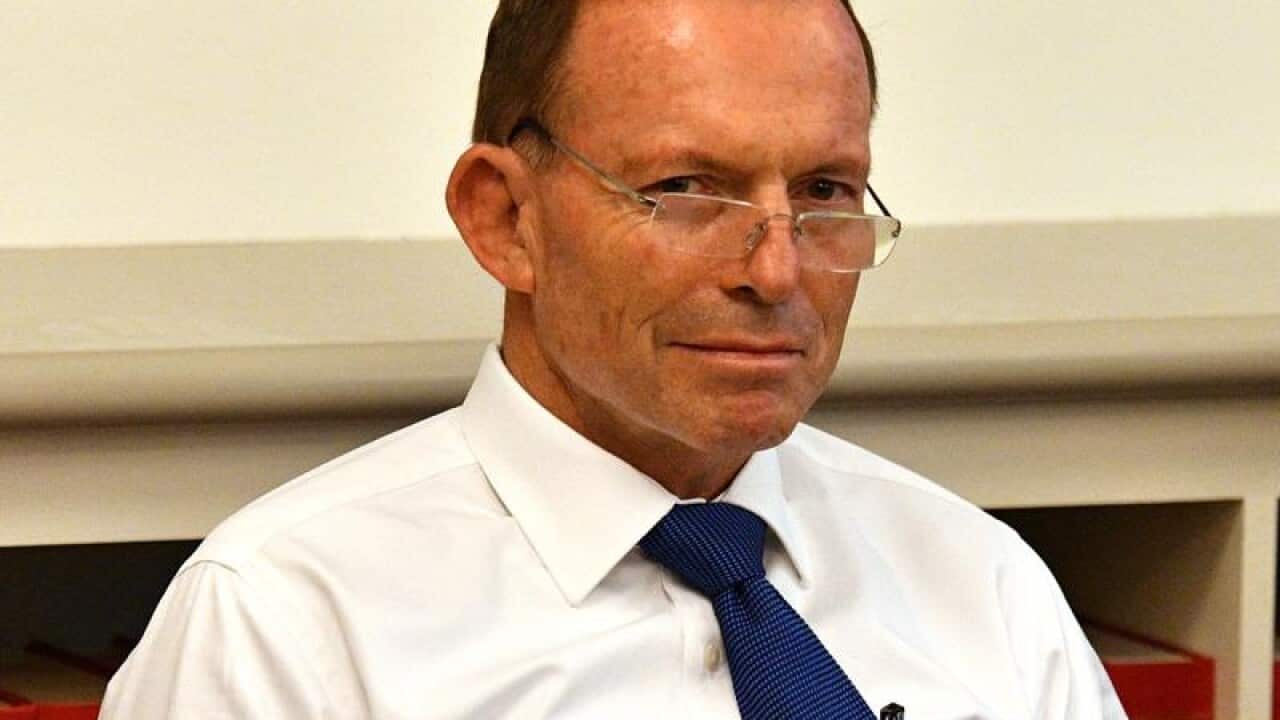Tony Abbott is not ruling out putting police officers in schools as he looks for ways to improve attendance and performance in remote communities.
Mr Abbott is spending the week touring South Australia in his new role as special envoy on indigenous affairs.
His appointment to the position earlier this year was highly controversial, with many indigenous leaders cynical about the choice and angry about the lack of consultation.
Mr Abbott concedes there are "very passionate" mixed opinions about his appointment but says he is getting a pretty good response from remote communities.
"There's a degree of gratitude to get the ear of a senior politician. The more remote someone one is, the keener they are to get someone out from Canberra to listen," he told ABC radio from Coober Pedy on Wednesday.
Mr Abbott said he was not surprised Indigenous Affairs Minister Nigel Scullion first learned about his new role through the media.
"When I was a minister in the Howard government, I often discovered things in the newspaper. That's just the way government works," he said.
Mr Abbott is considering the possibility of stationing police in high schools.
"It's by no means unusual to have a very strong relationship between the police and some secondary schools and I think that can be a very valuable thing to have," he said.
"Each school is unique. We need to try to find systems which can accommodate the uniqueness of schools and communities.
"But certainly if we're talking about secondary schools in troubled communities, I think some close linkage between the local police and the school is often good for the police and for the schools."
Mr Abbott said he had no doubt more funding was also part of the answer.
"I don't think it's the whole answer by any means but certainly more funding - particularity where communities want to step up and make more of an effort themselves - is going to be important."
A remote school attendance strategy has been in place since 2014, when Mr Abbott was prime minister.
He concedes attendance has not improved dramatically since but says there has been success in some places and he would like to see the program continue.
As prime minister, Mr Abbott was heavily criticised for arguing taxpayers should not have to fund the "lifestyle choices" of people living in remote communities.
He made the comments as 150 remote Western Australian indigenous communities were facing potential closure.
He does not resile from his views, saying the extent to which government supports small communities is a very important question.
"If people want to go and live in a place that's very remote and in company with just a few other people, that's obviously their choice," he told the ABC.

